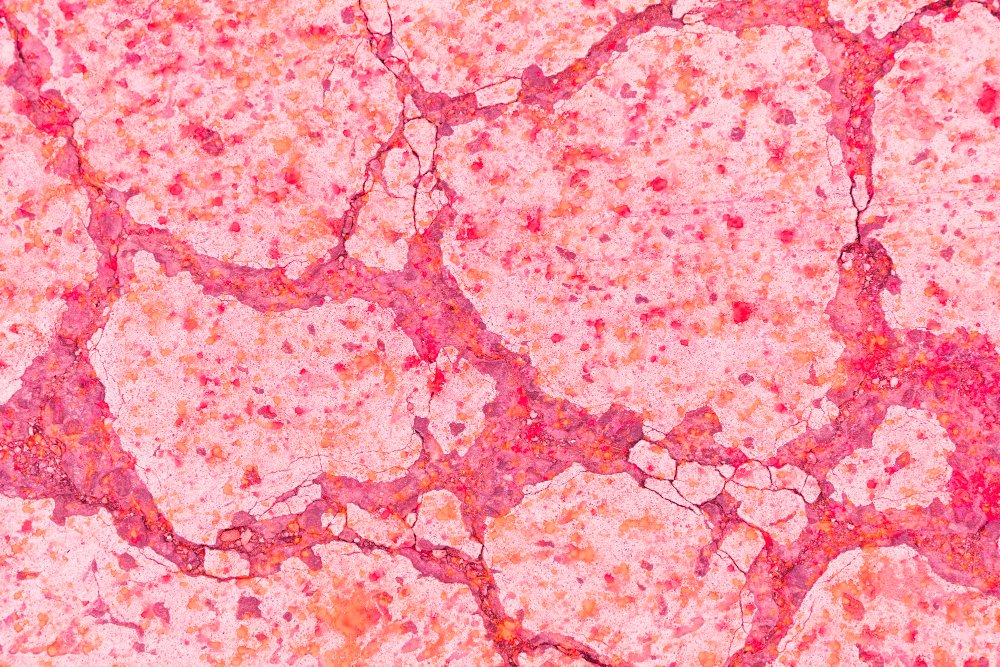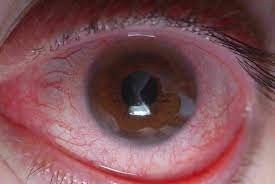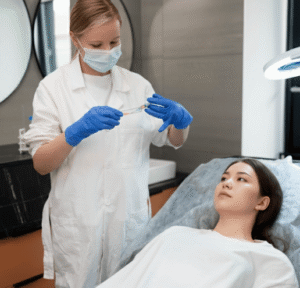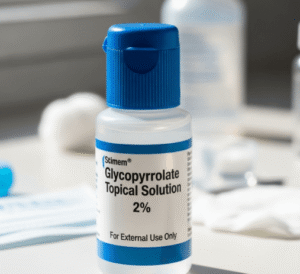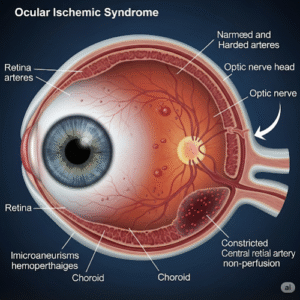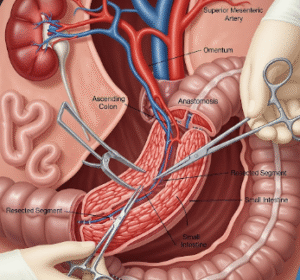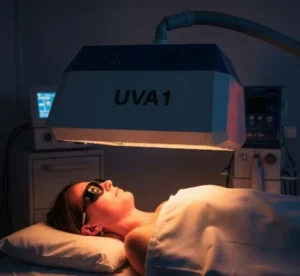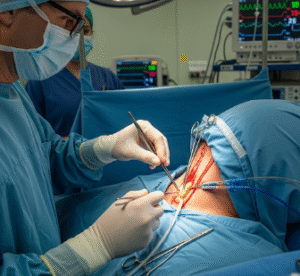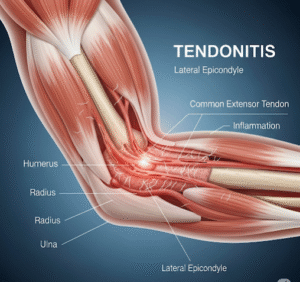Overview
Acute Tubular Necrosis (ATN) is a common cause of acute kidney injury (AKI), especially in hospitalized patients. It involves the destruction of the kidney’s tubular cells, leading to a rapid decline in kidney function. If treated early, ATN is often reversible, but in severe cases, it can lead to permanent kidney damage or require dialysis.
What is Acute Tubular Necrosis?
Acute Tubular Necrosis occurs when the epithelial cells lining the kidney’s tubules die due to lack of oxygen (ischemia) or exposure to harmful substances (nephrotoxins). These dead cells can slough off, blocking the tubules and impairing the kidneys’ ability to filter waste and balance fluids. It is a form of intrinsic renal failure and usually occurs after events like severe infections, surgery, or toxin exposure.
Symptoms
Symptoms may vary depending on the severity but typically include:
- Decreased urine output (oliguria)
- Dark or tea-colored urine
- Fluid retention and swelling (edema)
- Nausea and vomiting
- Confusion or drowsiness
- Fatigue and weakness
- Irregular heartbeat (in severe electrolyte imbalance)
Causes
ATN is primarily caused by:
- Ischemic Injury (lack of blood flow to the kidneys):
- Severe hypotension (low blood pressure)
- Septic shock
- Major surgery
- Severe dehydration
- Trauma or blood loss
- Nephrotoxic Injury (toxins damaging kidney tissue):
- Certain antibiotics (e.g., aminoglycosides)
- Contrast dyes used in imaging
- Chemotherapy drugs
- Heavy metals
- Hemoglobin or myoglobin (from muscle breakdown)
Risk Factors
People at higher risk for developing ATN include:
- Hospitalized patients, especially in ICU
- Those with diabetes or chronic kidney disease
- Advanced age
- Dehydration or volume loss
- Recent major surgery or trauma
- Exposure to nephrotoxic drugs or substances
- Sepsis or systemic infections
Complications
Without prompt treatment, ATN can lead to:
- Persistent acute kidney injury
- Chronic kidney disease
- Electrolyte imbalances (e.g., hyperkalemia)
- Fluid overload and hypertension
- Uremia (toxic build-up of waste in blood)
- Need for temporary or long-term dialysis
- Increased mortality in critically ill patients
Prevention
While not all cases are preventable, you can reduce the risk of ATN by:
- Staying well-hydrated, especially before surgery or contrast imaging
- Avoiding unnecessary nephrotoxic medications
- Monitoring kidney function in high-risk patients
- Treating infections and shock promptly
- Managing blood pressure and blood sugar levels effectively
Treatment Options Korea
1. Hospital Admission and Monitoring
- Most patients with ATN are hospitalized, especially in cases of oliguria or rising creatinine
- Managed in nephrology wards or ICUs for critically ill patients
- Continuous monitoring of:
- Renal function (BUN, creatinine)
- Electrolytes
- Urine output
2. Identify and Remove the Cause
- Common causes:
- Ischemia (e.g., due to shock, hypotension, surgery)
- Nephrotoxins (e.g., contrast media, aminoglycosides, NSAIDs)
- Immediate action includes:
- Stopping nephrotoxic drugs
- Correcting low blood pressure or volume depletion
3. Fluid and Electrolyte Management
- Careful IV fluid replacement to correct dehydration or support perfusion
- Avoid fluid overload—use diuretics like furosemide if needed
- Control of hyperkalemia, hyponatremia, and acidosis
4. Dialysis (If Needed)
- Initiated in cases of:
- Refractory electrolyte imbalance
- Uremia
- Volume overload
- Severe acidosis
- Hemodialysis available in all tertiary and regional hospitals in Korea
5. Nutritional and Supportive Care
- Renal diet with controlled protein, sodium, and potassium
- Nutrition support teams help manage calorie and fluid intake
- Prevent infections and pressure ulcers in bedridden or ICU patients
6. Recovery and Follow-Up
- Most patients with ATN recover kidney function over weeks to months
- Regular follow-up with nephrologists
- Monitor for progression to chronic kidney disease (CKD)

